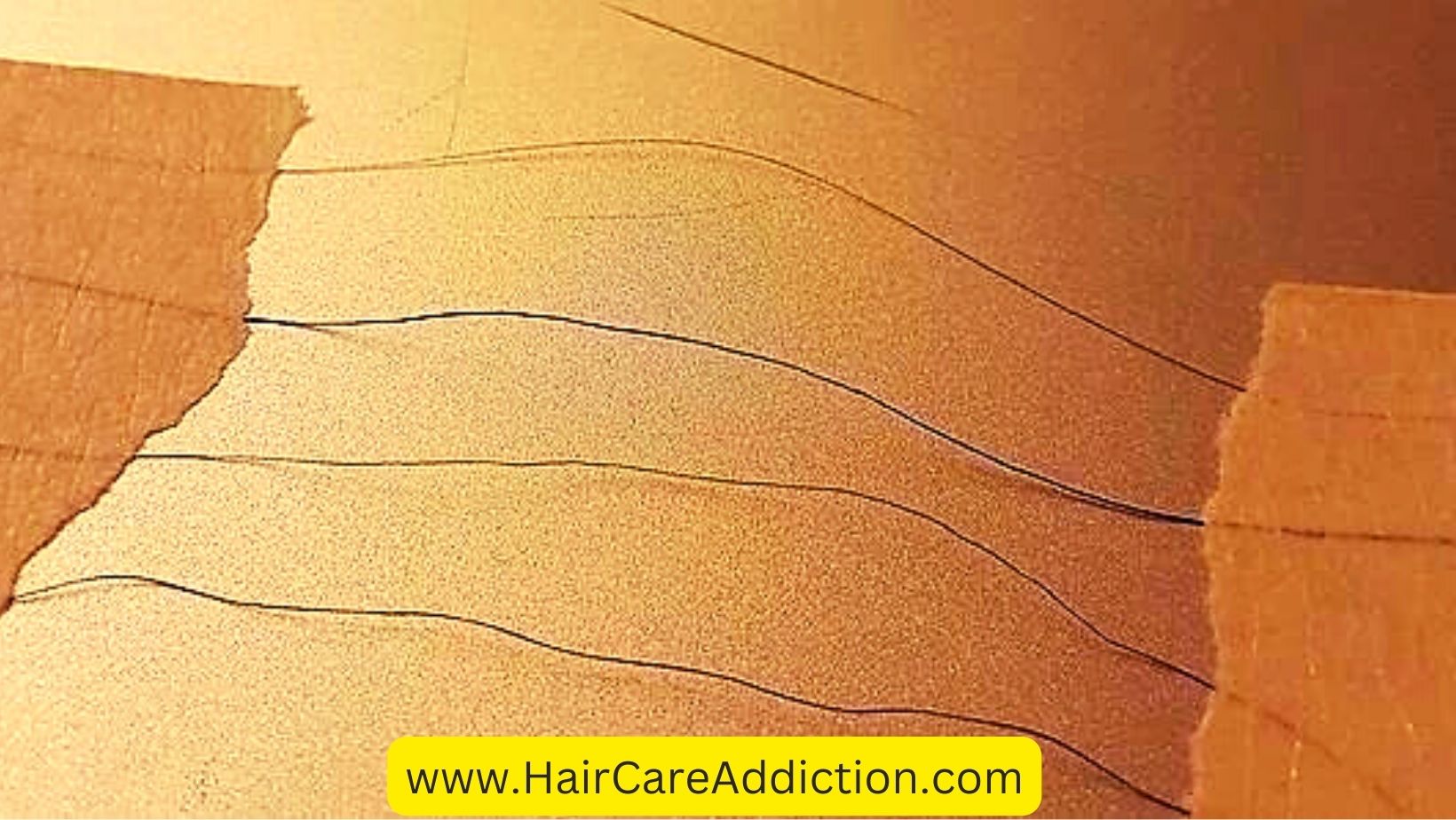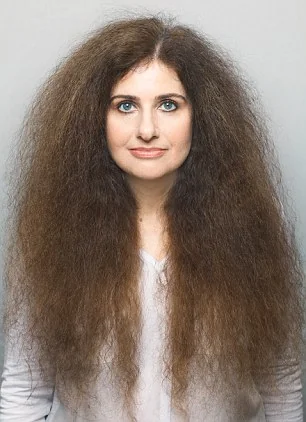Uneven Thickness Of Hair Strand: What It Means And How To Fix It

Have you ever noticed that certain strands of your hair are thicker or thinner than others?
If this is the case, you may have uneven hair thickness, a common condition that affects a large number of people.
But what causes this variation in hair diameter, and how can you improve your hair’s appearance and health? Let’s find out.
What Causes Uneven Hair Thickness?
Uneven hair thickness can be caused by a variety of factors, including:
Genetics: Some people are born with thicker or thinner hair strands, or a combination of the two. The size and shape of your hair follicles, which you inherit from your parents, determine this.
Hormones: Hormonal changes such as puberty, pregnancy, menopause, or thyroid disorders can all have an impact on your hair’s growth and texture. For example, estrogen and progesterone can thicken and strengthen your hair, whereas testosterone and dihydrotestosterone (DHT) can make it thinner and weaker.
Stress: Stress can cause your hair to enter a resting phase known as telogen effluvium, in which it stops growing and falls out more easily. This can lead to uneven hair thickness, hair loss, and thinning.
Damage to hair: Excessive heat styling, chemical treatments, brushing, and pulling can all cause damage to your hair cuticles, which are the outer protective layer of your hair strands. Damaged cuticles can make your hair more prone to breakage, split ends, and frizz, reducing its thickness and quality.
Nutrition: Your diet has a significant impact on the health and growth of your hair. Your hair may become thinner, weaker, and brittle if you are deficient in certain nutrients, such as protein, iron, zinc, biotin, or vitamin B12. A balanced diet rich in these nutrients, on the other hand, can help your hair grow thicker and stronger.
Read Also: Reason why one side of hair is longer than other
How To Fix Uneven Hair Thickness?
If you have uneven hair thickness, you can improve the condition and appearance of your hair by doing the following:
Get a haircut
Getting a haircut that suits your hair type and texture is a simple way to deal with uneven hair thickness.
A skilled hairstylist can assist you in selecting a style that balances the thin and thick areas of your hair while also adding volume and movement.
You can also add dimension and interest to your hair with layers, bangs, or highlights.
Use the right products
Another way to correct uneven hair thickness is to use the appropriate hair care products.
If you have thin or fine hair strands, for example, volumizing shampoos, conditioners, mousses, or sprays that add body and lift to your hair can help.
Smoothing products that tame frizz and flyaways can be used on thick or coarse hair strands.
You can also use products that address specific issues, such as anti-breakage serums or hair repair masks.
Avoid heat and chemicals
Avoiding heat and chemicals that can further damage your hair is one of the best things you can do for your uneven hair thickness.
Try air drying your hair or using heatless styling methods instead of using blow dryers, curling irons, or flat irons.
Instead of frequently coloring or bleaching your hair, try to embrace its natural color or use gentle alternatives such as henna or semi-permanent dyes.
If you do use heat or chemicals on your hair on a regular basis, make sure to protect it beforehand with heat protectant sprays or oils.
Take supplements
If your uneven hair thickness is caused by nutritional deficiencies or hormonal imbalances, taking supplements that promote healthy hair growth may be beneficial.
Biotin (vitamin B7), collagen (a protein that makes up the majority of your hair), iron (a mineral that helps deliver oxygen to your hair follicles), zinc (a mineral that helps regulate hormones and prevent hair loss), and omega-3 fatty acids (healthy fats that moisturize your scalp and reduce inflammation) are some of the most popular hair supplements.
However, before taking any supplements, consult with your doctor to make sure they are safe and suitable for you.
Reduce stress
Finally, one of the most effective ways to fix uneven hair thickness is to reduce stress in your life. Stress can have a negative impact on your physical and mental health as well.
Style smartly
Use things and methods that make your hair feel and look better.
If your hair is a mix of thin and thick strands, you can use a round brush and a blow dryer to make it look fuller and smoother.
If your hair has some thick and some thin strands mixed together, you can use a wide-tooth comb and a diffuser to give it shape and a more relaxed look.
Be careful not to use too much heat or pull too hard on your hair, as that can harm it and make it break.
Protect your hair
Protect your hair from things that can make it uneven, like the sun, pollution, chlorine, or saltwater.
When you go outside, wear a hat or a scarf. After you swim in a pool or the ocean, rinse your hair.
You can also use hair products that have UV protection or antioxidants in them. This will help keep your hair healthy and even.
Conclusion
In conclusion, uneven hair thickness can result from a combination of genetic factors, hormonal changes, stress, hair damage, and nutritional deficiencies.
To address this issue, individuals can adopt a multifaceted approach including appropriate haircuts, the use of suitable hair products, minimizing heat and chemical exposure, considering supplements under medical guidance, managing stress, and practicing smart styling and hair protection techniques.
These steps can promote healthier and more uniform hair growth and appearance.






